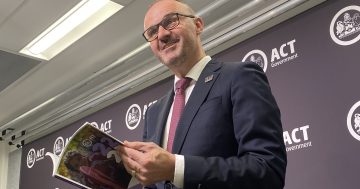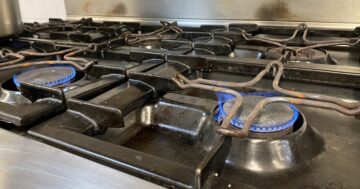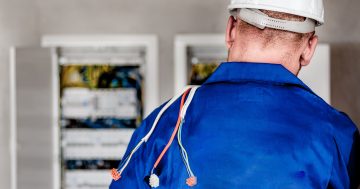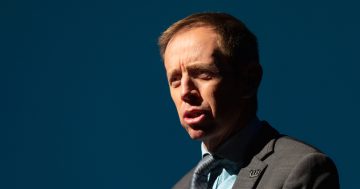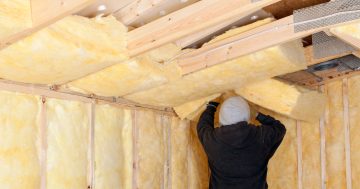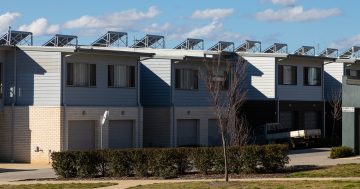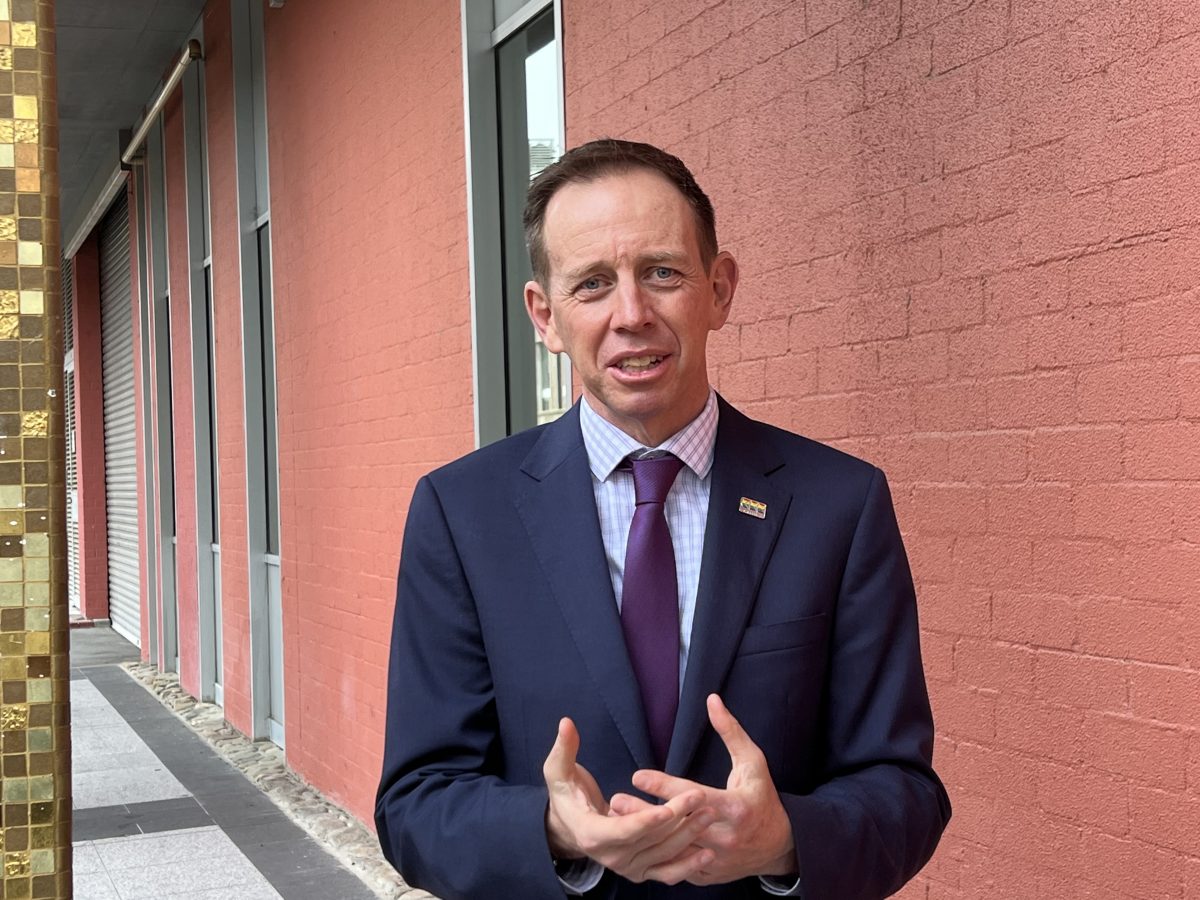
ACT Greens Leader Shane Rattenbury’s pragmatic approach is reaping policy dividends. Photo: Lottie Twyford.
The ACT will turn off the gas by 2045. The Greens would have it happen even earlier – by 2040.
And that difference produced some 2020 heat between them and Labor, although how much was election theatre, we do not know.
At that time, Chief Minister Andrew Barr, in campaign mode, said Labor would not support any “crazy Greens proposal” which would see households forced to switch off gas appliances before they were ready to.
He also said that electricity alone would not be enough during winter to keep Canberrans warm.
So 2045 it is, and the transition is meant to be a gentle one with a combination of carrots and regulatory sticks to guide the phase-out.
But don’t be surprised if it does happen sooner because, in the two years since the election, a lot has changed, and now with a Labor federal government committed to decarbonising the economy, the market forces already underway will accelerate.
The combination of design, insulation and simple energy efficiency measures with more efficient air conditioners and heat pumps means switching to electric appliances won’t have you searching for an extra jumper.
Not to mention the advances made with induction cooking and its declining costs.
Powered by renewable sources, either from your rooftop solar panels and battery, neighbourhood battery or the ACT grid, that’s 20 per cent of current emissions eliminated.
And the sooner one transitions, the sooner those skyrocketing gas bills can disappear.
Who knows what advances will come in the next decade?
Canberrans, helped along by rebates and interest-free loans, are already dumping gas, but the property owners likely to drag their feet on this are landlords unwilling to spend money they don’t have to.
It’s going to take legislation to get some of them to provide insulation as part of the coming minimum standards requirements, but the government hopes the incentives available will be enough to encourage them to refit for electrics without waving too many sticks.
The government had at one point considered biogas and hydrogen as a fuel replacement, but that is now off the table at least for residential use. However, hydrogen is in the mix for the ACT’s small amount of industry, including heavy transport.
For some, change will not be easy. A few remain attached to fossil fuel, especially chefs convinced cooking won’t be the same or those who fear homes won’t be heated or industry will collapse.
Some still refuse to accept that the world needs to cut greenhouse gas emissions to avert catastrophic climate change.
But cut them we must.
The phase-out is also testament to the forward-thinking and persistence of the ACT Greens, mocked in 2016 by Labor and Liberal alike when it unveiled the policy and again in 2020.
It reflects the impact the ACT Greens have had on government, the tangible change they have achieved and the credibility they now have as a political force.
Not every Green policy will appeal to the mainstream, but leader Shane Rattenbury is pragmatic enough to know which ones are within reach and which ones are worth convincing voters to support, as well as juggling the political realities of working with Labor in government.
It’s a model Greens outside the ACT should emulate.
What started as a crazy idea is now another solid plank in the ACT’s growing reputation as a world leader in the move to a zero-emissions future.
And Labor is now happy to claim credit, as with another Greens idea – the move to ban new internal combustion engine vehicles from 2035.
There will be grumbles, but gas’s flame will eventually sputter out.












